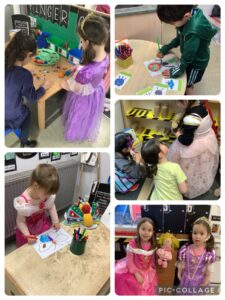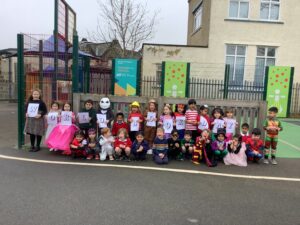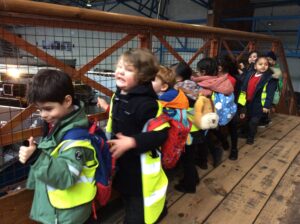Welcome back!
We hope you had a happy and healthy break. Thank you to the parents who sent in some photos. We really enjoyed sharing these on Tuesday.
This half-term our topic is called Life on Earth. We’ve kicked off our topic by reading The Bug Collector by Alex G. Griffiths in literacy and going on bug hunts. Over the next couple of weeks, we’ll be learning more about life cycles. We’ll closely observe caterpillars to help us understand the different stages of a life cycle.



Phonics
This week, we’ve started Phase 4. In this phase children will use the phonemes learnt in Phase 2 and Phase 3 to read and spell words with four or more phonemes and words ending in suffixes:
–ing, –ed /t/, –ed /id/ /ed/, –est
Here are some examples:
CVCC words: tent, damp, toast
For example, in the word ‘damp’, d = consonant, a = vowel, m = consonant, p = consonant
CCVC words: swim, plum, spoon
For example, in the word ‘plum’, p = consonant, l = consonant, u = vowel, m = consonant
CCVCC words: stamp, crept, twist
For example, in the word ‘stamp’, s = consonant, t = consonant, a = vowel, m = consonant, p = consonant
CCCVC words: strap scrub strong
For example, in the word, ‘strap’, s = consonant, t = consonant, r = consonant, a = vowel, p = consonant
CCCVCC words: strand strict sprint
For example, in the word, ‘sprint’, s = consonant, p = consonant, r = consonant, i = vowel, n = consonant, t = consonant
They’ll also learn to read and write 18 new tricky words.
Help at home: Practise reading and writing this week’s tricky words.
said so have like
Maths
This week, we continued to engage in activities that draw attention to the purpose of counting – to find out ‘how many’ objects there are. We revisited the concept of cardinality – the idea that the last number in the count tells us how many things there are altogether.
A key area we have continued to develop is counting strategies for counting larger numbers of objects, including those that cannot be moved. We had lots of fun helping Gary the giraffe count the packets of raisins for our snack. We n develop their counting skills – will help to embed these key areas of understanding.
Living and Learning
On Tuesday, we talked about personal hygiene, including handwashing. We discussed how we keep ourselves clean.
Gur – We clean our face, body and brush our teeth.
Po – We have a bath and a shower.
El – If there’s still dirty stuff in your teeth, you can floss.
Sh – Wash our hands.
Th – I brush my teeth in the morning and just before bed.
We then had a go at a little experiment to see why it is important we wash our hands well with soap.


Poetry Picnic
This week’s poem was called Pitter Patter. Click here to watch us.
Some more fantastic learning…






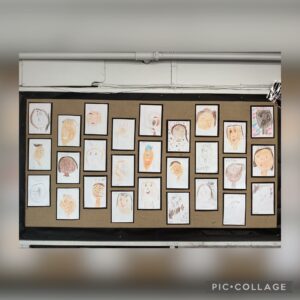
 Upcoming dates
Upcoming dates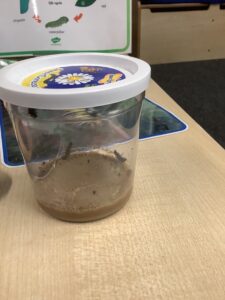 We’ve also been talking about the life cycle of a butterfly.
We’ve also been talking about the life cycle of a butterfly.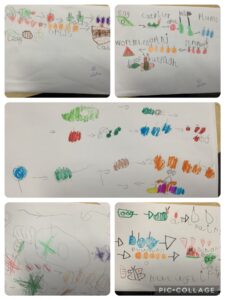
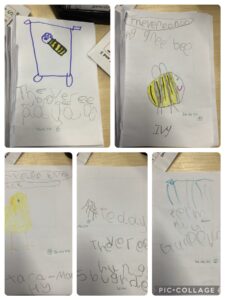
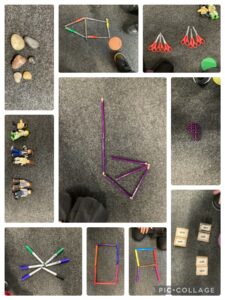
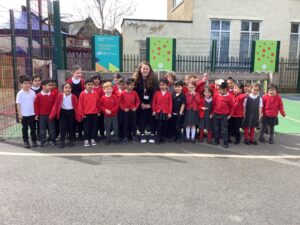
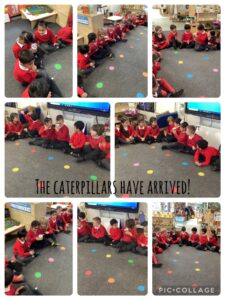 DT
DT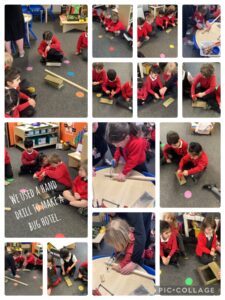
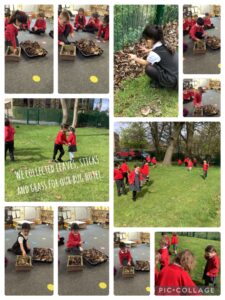
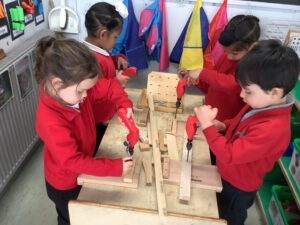

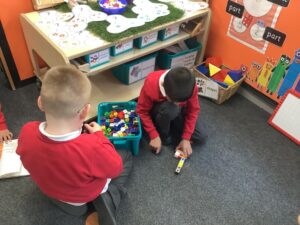






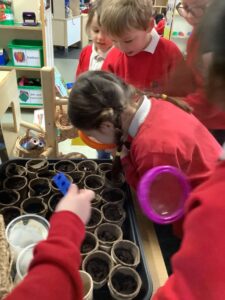


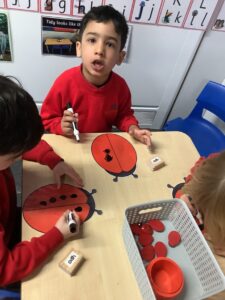
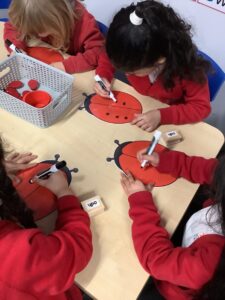






 Help at home: Practise writing these words: looking, marching, farming, waiting, morning, winking, singing. Don’t forget to use your phoneme fingers to segment!
Help at home: Practise writing these words: looking, marching, farming, waiting, morning, winking, singing. Don’t forget to use your phoneme fingers to segment!





